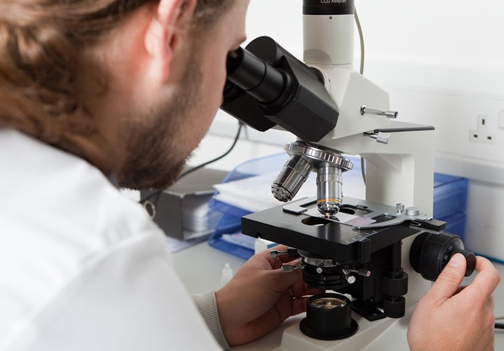
A Scottish doctor has made a discovery that may lead to a cure for all chronic diseases. He has developed a treatment using stem cells that aims to preserve a patient’s healthy immune system, so it can be used when chronic disease strikes.
Dr Dipnarine Maharaj has a great deal of experience working with chronic illnesses and diseases like cancer. He has worked as a senior registrar at Glasgow Royal Infirmary before going on to specialise in oncology and haematology.
Chronic diseases are very common in Dr Maharaj’s homeland, with about 40 percent of the Scottish population suffering from a chronic disease. By the time they reach 65, 66 percent of people are affected by a chronic disease.
The doctor says the new treatment has “enormous promise to become the future of medicine and a potential future cure for all chronic diseases everywhere”.
He is especially hopeful that the treatment can benefit people who work in hazardous environments where they may be exposed to toxic chemicals over their lifetime.
Patients are injected with a protein that drives some hematopoietic stem cells from the bone marrow into the blood circulatory system. Some blood is taken and the stem cells are extracted from it. The stem cell sample is then frozen cryogenically.
The hematopoietic stem cells can form new blood cells that play an important role in the functioning of the immune system. Dr Maharaj hopes to keep the stem cells as a ‘snapshot’ of a person’s healthy immune system. When a chronic disease strikes, the stem cells can be transplanted to help rebuild the immune system.
The benefit of storing your own stem cells is that there is no risk of rejection. People who become ill and need a bone marrow transplant often struggle to find a donor match.
Dr Maharaj says that he has using stem cells to treat diseases including cancer, multiple sclerosis, Parkinson’s disease and type 1 diabetes for more than a decade.
Source: Meet the Scottish doctor who claims to have developed a cure for all chronic diseases
{{cta(‘3fe0aac7-7562-46dc-b8b9-c706d9cfd6b1’)}}
{{cta(‘fec594e9-5433-4350-9180-2bdd371eb399’)}}


